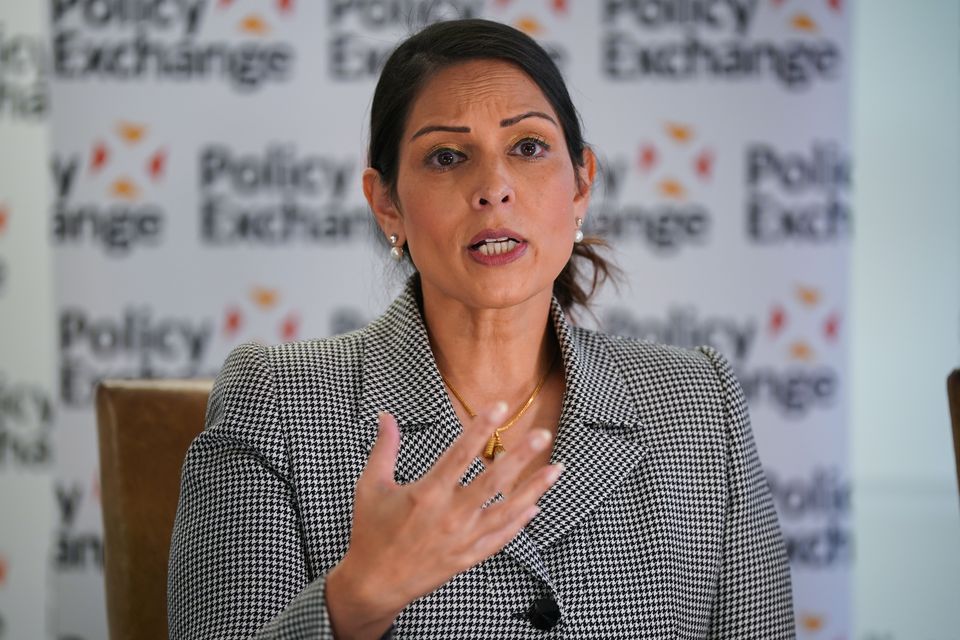Bashar Assad’s “barbaric regime” has met a welcome end, the Prime Minister suggested, as reports emerged that the Syrian leader is seeking sanctuary in Moscow.
Syrians are celebrating the demise of Assad government, after 13 years of civil war sparked by the president’s violent crackdown on pro-democracy protesters following the Arab Spring.
A coalition of rebels seized control of the capital Damascus in a lightning offensive overnight on Sunday, 11 days after launching a major operation.
Mr Assad has been granted asylum by Russia, according to the Tass state news agency, where he met his British-born wife Asma and their children – who had already fled Syria.
Sir Keir Starmer welcomed the end of Mr Assad’s rule, but said it was “early days” yet in deciding how Britain would choose to engage with those who have overthrown him.
The rebels’ efforts were led by Hayat Tahrir al-Sham (HTS), an Islamist group which is banned in the UK because of its past association with al Qaida, the terrorist organisation once led by Osama bin Laden.
HTS’s leader Abu Mohammed al-Golani cut ties with al Qaida years ago, and is said to embrace tolerance of different religious groups and communities.
Sir Keir urged all sides in the conflict to protect civilians and ensure aid could reach the vulnerable, and also insisted on the need for a “political solution” to safeguard Syria’s future.
“The Syrian people have suffered under Assad’s barbaric regime for too long and we welcome his departure,” the Prime Minister said.
The Prime Minister, who has travelled to the Persian Gulf on a trade mission, added: “Our focus is now on ensuring a political solution prevails, and peace and stability is restored.
Asked whether he would be wiling to deal with HTS, Sir Keir told broadcasters in Abu Dhabi: “It’s very early days at the moment.
“We do need a political solution, and that’s what we are talking to regional allies about. It is a good thing that Assad has gone, a very good thing for the Syrian people.”
Syrian President Bashar Assad fled his country following the insurgency (Amir Nabil/AP)
The Home Office recognised that HTS’s relationship with al Qaida had changed, as there had been a “splintering between the two organisations”.
A spokesperson for the department said the Government did not routinely comment on whether a group was “being considered for proscription or deproscription”.
Former spy chief Sir John Sawers said it would be “rather ridiculous” if the UK was unable to engage with HTS because of the ban.
The ex-head of MI6 also told Sky News: “I think the Home Secretary will be asking MI5 and the joint terrorism assessment centre for a review of the situation about Tahrir al-Sham and whether it should remain on the proscribed entity list.”
Shadow foreign secretary Dame Priti Patel said the Government would have to assess the threat that HTS posed (Lucy North/PA)
Deputy Prime Minister Angela Rayner had earlier told broadcasters the Foreign Office “had a plan to ensure that people were evacuated ahead of what’s happened”, but did not reveal how many UK nationals had been helped.
Shadow foreign secretary Dame Priti Patel said the Tories wanted to “put the Syrian people first” and called on the Government to review the “security and defence implications as well as the terrorist risks” posed by the rebel groups.

